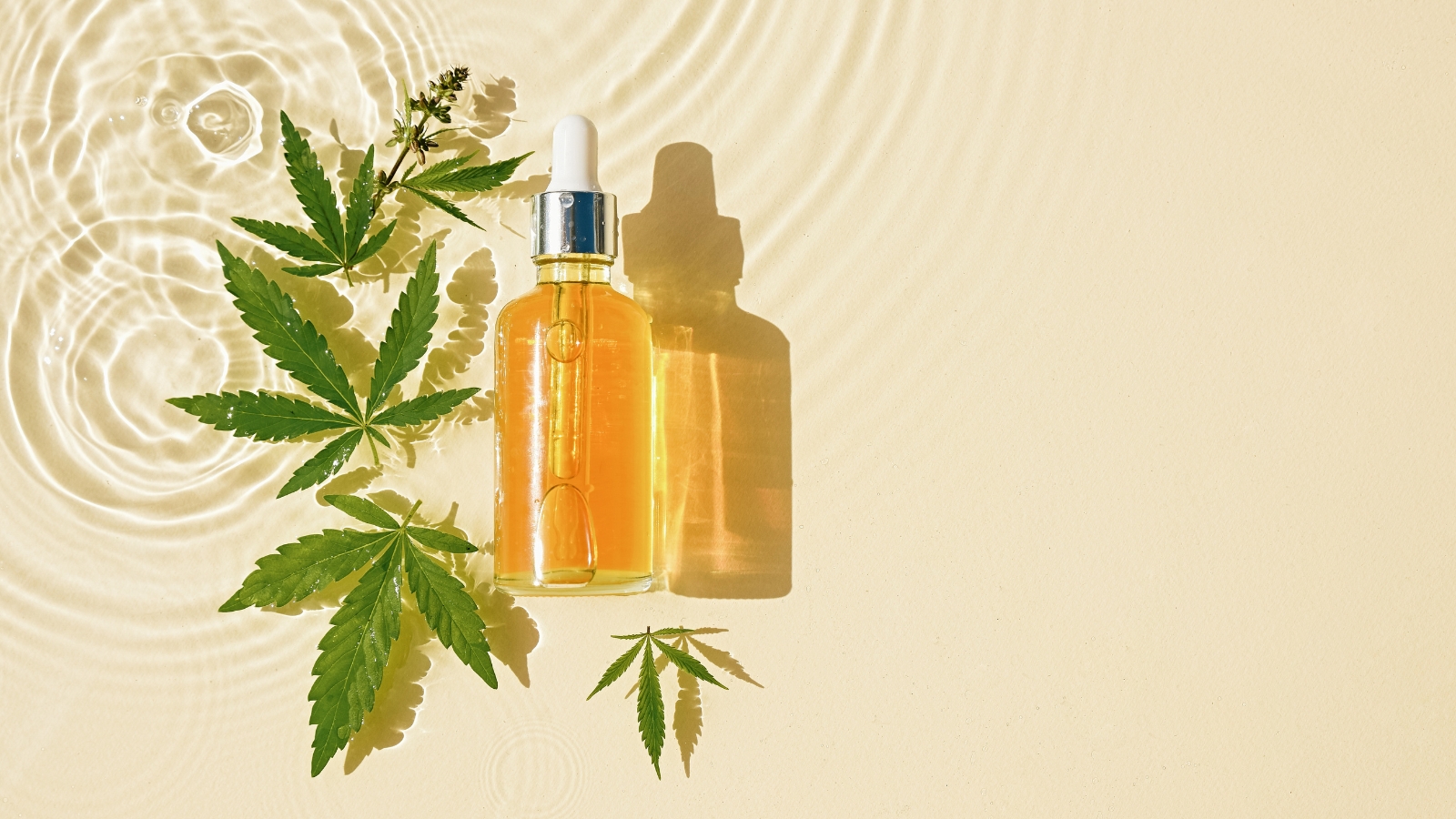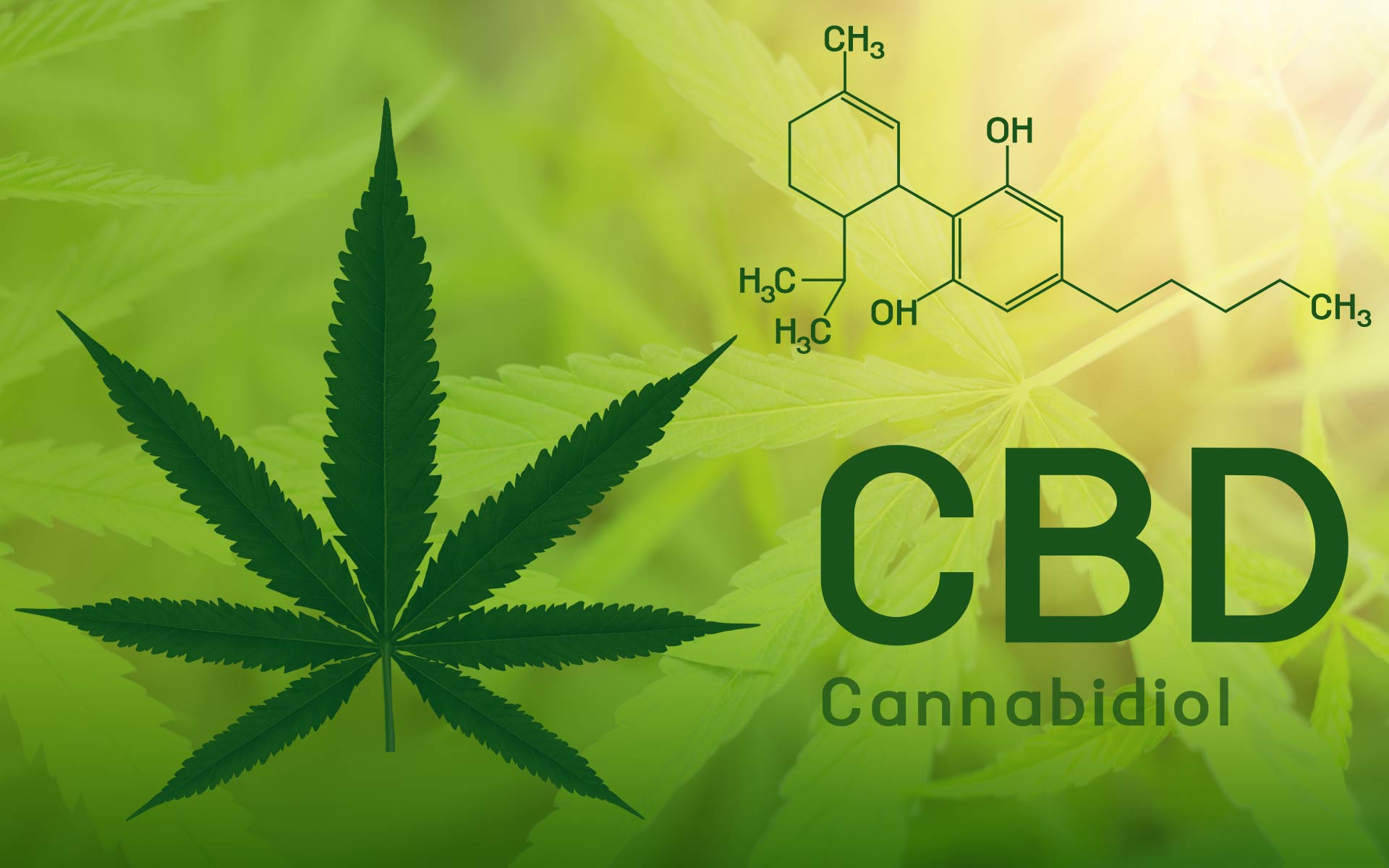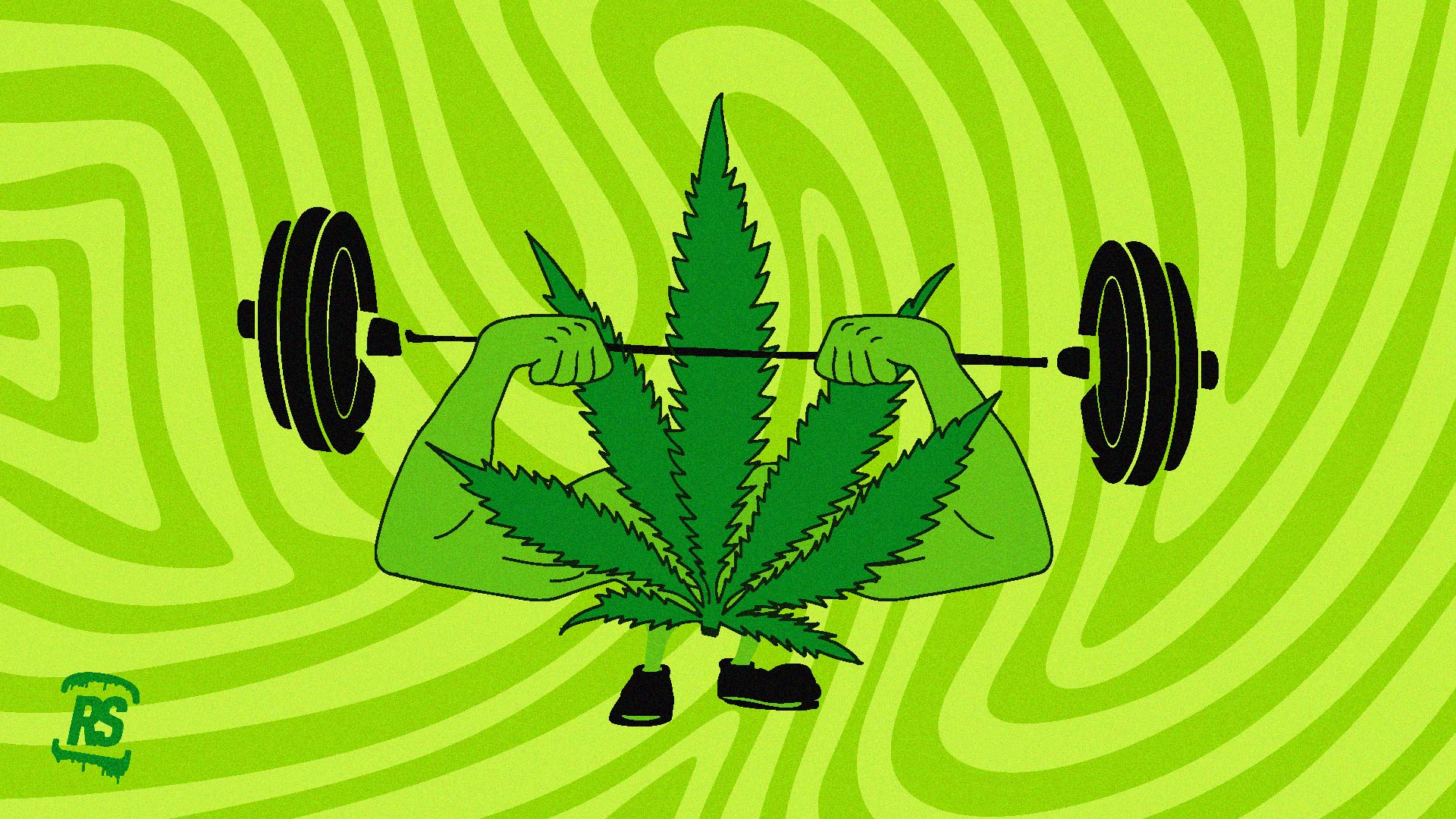In the psychedelic cosmos of consciousness, many explorers have encountered the compound CBD, or Cannabidiol, as a companion on their journeys. But despite CBD’s popularity, it remains shrouded in misconceptions. This article aims to unveil the truth about CBD, illuminating its nature and place within the psychedelic spectrum.
Understanding CBD
This extraordinary compound hails from the cannabis plant kingdom, a botanical family renowned for its psychoactive and therapeutic compounds. This clan includes both marijuana and hemp plants, each offering a unique cocktail of cannabinoids.
CBD: A Non-Psychoactive Cannabinoid
Let’s begin by understanding what cannabinoids are. These are chemical compounds that interact with the human body’s endocannabinoid system (ECS). Out of over a hundred cannabinoids, the most recognized ones are CBD and THC (Tetrahydrocannabinol). THC is famous (or infamous) for its mind-altering effects, leading to the ‘high’ associated with marijuana. CBD, on the other hand, does not induce such psychoactive effects. It’s the non-psychedelic traveler of the cannabis cosmos.
Types of CBD Extraction
The journey of CBD from plant to product can follow multiple paths. The most common methods include CO2 extraction and ethanol extraction, each yielding a distinct CBD profile. Some processes might retain more of the plant’s other cannabinoids and terpenes, leading to what’s known as full-spectrum CBD. Others may isolate CBD entirely from its cannabinoid brethren, creating CBD isolate.
A Wellness Resource
Unlike THC, CBD doesn’t take you on a psychedelic journey to alternate universes. Rather, it offers a gentle nudge towards balance and wellness within the existing reality. The potential therapeutic benefits of CBD are wide-ranging and backed by an increasing body of scientific research. CBD shows promise in reducing anxiety, managing pain and inflammation, aiding sleep disorders, and potentially even offering neuroprotective properties.
In a sense, CBD can be the meditative guide amid the psychedelic carnival. It works subtly, unobtrusively, and gently, helping to restore equilibrium and ease in the mind and body. It’s like the grounding presence that reassures you when the psychotropic experience becomes overwhelming.
In the world of wellness, the popularity of CBD has soared high (pun intended), leading to an array of product types. You’ll find CBD-infused oils, tinctures, edibles, creams, and even bath bombs. Each form offers a unique way of engaging with CBD, allowing individuals to find an approach that suits their personal preferences and needs best.
However, as we’ll explore further, it’s crucial to remember that not all CBD products are created equal. They can differ significantly in concentration, extraction method, the quality of the source plants, and other added ingredients. So, like a seasoned psychonaut, it’s important to navigate the CBD universe with discerning awareness and informed decisions.

Common Misconceptions about CBD
As the wave of CBD interest continues to surge, so does the tide of misconceptions. These common misunderstandings can muddy the waters of truth, often leading individuals to form skewed perceptions of CBD. Let’s clear the haze by debunking these myths.
Myth 1: CBD can make you ‘high’
The psychedelic festival of the cannabis plant is headlined by THC, the psychoactive compound notorious for its mind-altering effects. CBD, however, doesn’t join this heady dance. It’s the calming presence in the chaos, offering therapeutic benefits without the high. Yet, many associate CBD with the intoxicating properties of cannabis, which is a misunderstanding. CBD and THC might be from the same plant family, but they engage with our bodies differently.
Myth 2: All CBD products are the same
Navigating the CBD market can feel like traversing a psychedelic maze – countless products, each with different promises. But it’s crucial to remember that not all CBD products are created equal. The concentration of CBD, the extraction method, and the type of CBD – whether it’s full-spectrum, broad-spectrum, or CBD isolate – all make a significant difference. Additionally, the quality and source of the cannabis plants used, and the presence of other ingredients, are important factors to consider. So, saying all CBD products are the same is like saying all psychedelic experiences are identical – it’s far from reality.
Myth 3: More CBD is always better
When embarking on a psychedelic journey, the mantra often repeated is “set and setting,” but another crucial consideration is “dosage.” The same holds for CBD. The notion that taking more CBD will necessarily yield better results is a common fallacy. CBD often exhibits a biphasic response – meaning, in small doses, it can have one effect, but these effects may change or even disappear with higher doses. It’s all about finding the ‘Goldilocks Zone’ – the dose that is just right for you.
Myth 4: CBD is addictive
The fear of getting lost in the psychedelic labyrinth and not finding one’s way back – a concern often raised about mind-altering substances – might also hover over CBD. However, unlike certain substances that may lead to dependency, CBD is non-addictive. Various research studies have shown that even after continuous use, withdrawal symptoms are unlikely when stopping CBD. Therefore, CBD is more like a guide you can trust – it won’t lead you astray.
CBD and Psychedelic Experience
In the vibrant spectrum of psychedelic substances, CBD holds a unique position. It’s not a traditional psychedelic – it won’t send your consciousness soaring into unexplored dimensions or manifest intricate patterns in your mind’s eye. However, CBD does interact with the mind and body in subtle ways that can influence the psychedelic journey.
Ground Down With CBD
Consider CBD as the calm, grounding presence during a psychedelic voyage. It’s akin to the rooted tree that offers steady support amidst the whirlwind of vibrant, often overwhelming, psychotropic experiences. This grounding effect of CBD is predominantly due to its potential anti-anxiety properties.
The psychedelic journey can be an intensely emotional one, where fear and anxiety might surface. Here, CBD may come into play. Studies suggest that CBD can help ease feelings of anxiety, acting like a soothing balm for an overactive, anxious mind. In essence, it can help keep the psychedelic traveler anchored, lessening the chance of a turbulent journey.
An Integration Ally
Moreover, CBD might play a role in what psychonauts call ‘integration’ – the process of making sense of the psychedelic experience and incorporating insights into daily life. Post-journey, emotions can run high, and thoughts might race as one tries to assimilate the voyage’s learnings. With its potential calming and neuroprotective effects, CBD could assist in this phase, facilitating a smoother transition back to regular consciousness.
A few anecdotal accounts also suggest that CBD might help mitigate the intensity of challenging psychedelic experiences, commonly referred to as ‘bad trips.’ While this aspect is not yet scientifically validated and largely depends on individual response, it opens up interesting possibilities for further exploration.
CBD also embodies the spirit of introspection common in psychedelic circles. It invites users to turn inwards, fostering a deeper awareness of their physical and emotional state. It’s a different kind of journey – not through external psychedelic landscapes, but through the inner cosmos of self-awareness and balance.
Yet, it’s important to remember that every individual’s response to CBD – like their response to psychedelic substances – is unique. Factors like dosage, method of consumption, individual physiology, and mindset play crucial roles in determining how CBD interacts with a psychedelic experience.
Navigating the complex interplay of CBD and psychedelics is a journey in itself. As with any exploration, it requires an open mind, a willingness to learn, and above all, respect for the substances involved. As we deepen our understanding, CBD could potentially emerge as a powerful ally in our psychedelic adventures.

Scientific Evidence of CBD Usage
The scientific community’s interest in CBD has ignited a steady flame of research, illuminating our understanding of this enigmatic compound. While it may not have the vivid, consciousness-altering colors of traditional psychedelics, CBD paints its unique picture of the human body.
The primary stage for CBD’s action is our ECS. This system, present in all mammals, is a complex network of cell receptors and neurotransmitters that regulate various physiological processes. It’s like the conductor of our body’s symphony, ensuring that all elements play in harmony. The ECS plays a crucial role in managing pain, mood, appetite, sleep, and immune response.
CBD, a phytocannabinoid, interacts with this system, helping to restore balance and maintain homeostasis. While THC binds directly with the CB1 receptors in the ECS (found mainly in the brain), resulting in its psychoactive effects, CBD’s interaction is more indirect and complex. It doesn’t bind with the CB receptors as THC does. Instead, CBD influences the ECS to produce more of its endocannabinoids and also interacts with non-cannabinoid receptors like the serotonin receptor 5-HT1A, contributing to its potential anti-anxiety effects.
What Benefits Does CBD Offer?
Research on CBD’s potential therapeutic benefits has yielded promising results. A wealth of studies indicates that CBD may help reduce anxiety and depression, both common reasons why people turn to psychedelics for self-exploration and healing. By managing these mental health issues, CBD can offer an alternate path to self-understanding and relief without the intense journey of a full-blown psychedelic experience.
Another significant area of study is CBD’s role in pain management. Its anti-inflammatory properties, coupled with the ability to influence the ECS, could make CBD a potential candidate for managing chronic pain and certain neurological conditions.
Moreover, CBD’s potential neuroprotective properties are also being explored. Some studies suggest that CBD may help protect brain cells from damage, furthering its potential benefits for neurodegenerative diseases.
Despite these encouraging findings, we must remember that CBD research is still in its early stages. While current scientific evidence shines a positive light on CBD’s potential, it doesn’t conclusively establish the breadth of its therapeutic capabilities.
As psychedelic voyagers and consciousness explorers, we watch this unfolding landscape of scientific research with eager interest. Each new study brings us one step closer to understanding the intricate dance of CBD with our minds and bodies. The future of CBD research, much like a promising psychedelic journey, promises deep insights and surprising discoveries.
CBD and Its Legal Status
The complex and rapidly changing legal landscape around cannabis and its derivatives can often feel as bewildering as a kaleidoscopic psychedelic trip. For CBD, this legal tapestry is woven with layers of federal, state, and international laws, making it a challenging terrain to navigate.
In the United States, CBD’s legal status is tied to its source plant. If derived from hemp (cannabis plants containing 0.3% or less THC), CBD is legal on a federal level thanks to the 2018 Farm Bill. This legislation removed hemp from the Controlled Substances Act, effectively legalizing hemp-derived CBD products. However, they must comply with regulations set by the Food and Drug Administration (FDA) and individual state laws, which often have their own rules around the manufacture, sale, and use of CBD.
When CBD is derived from marijuana (cannabis plants with more than 0.3% THC), its legal status becomes murkier. Marijuana remains a Schedule I drug at the federal level, making it illegal. However, many states have decriminalized or even legalized medical and recreational marijuana use, and with it, marijuana-derived CBD.
Navigating this legal patchwork becomes even more complex when considering international laws. In many European countries, CBD is legal as long as its THC content is extremely low (often less than 0.2%). However, regulations can differ significantly from country to country, so it’s essential to check local laws when traveling.
In this constantly evolving legal landscape, it’s crucial to stay informed. As responsible consumers and advocates for these powerful plant compounds, we must understand the current laws, their limitations, and their implications. As the world slowly awakens to the potential benefits of cannabinoids like CBD, we can hope for a future where these substances are not only legally accessible but also regulated for safety, quality, and fairness.

How to Use CBD Safely and Effectively
Just as one prepares for a psychedelic journey with intention, respect, and understanding, using CBD also requires a mindful approach. Here’s how you can navigate the CBD experience safely and effectively.
Do Your Research
Not all CBD products are created equal. Some may contain full-spectrum CBD, some broad-spectrum, and others CBD isolate. Full-spectrum products contain all the cannabinoids and terpenes found in the cannabis plant, including THC. Broad-spectrum products have a range of cannabinoids and terpenes but no THC. CBD isolate, as the name suggests, is pure CBD. Each type can have different effects, so understand what you’re buying.
Also, look at the source of the CBD. Ensure it’s derived from organically grown cannabis to avoid potential exposure to pesticides and heavy metals.
Start Low and Go Slow
This adage holds for many psychedelic substances, and it applies to CBD as well. It’s wise to start with a small dose and gradually increase it until you find the right amount for your needs. This process, known as titration, can help prevent potential side effects and allows you to find the dose that provides the maximum benefit without unnecessary excess.
Consult a Healthcare Professional
If you’re taking prescription medication or have underlying health conditions, it’s essential to consult a healthcare professional before incorporating CBD into your routine. CBD can interact with certain medications, so professional guidance can ensure a safe journey.
Listen to Your Body
Just as you tune into your senses during a psychedelic experience, pay attention to your body’s response to CBD. Keep a record of dosages, timings, and effects to help find the best routine for you.
Using CBD can be a journey of self-discovery, where you learn to tune into your body and its needs. As with any substance that affects our bodies and minds, it’s crucial to approach it with respect, knowledge, and mindful intention.
Final Take on CBD
We’ve unraveled the cosmic web of CBD misconceptions, shining light on its true nature. As psychedelic voyagers, the quest for understanding never ends. So, we encourage further exploration of CBD in your unique journey.
Found this article enlightening? Share it with fellow explorers, and let’s dispel the fog of misconception together. We invite you to share your own experiences and insights about CBD in the comments. Engage with us, ask questions, and let’s foster a mindful community rooted in understanding and respect for these remarkable compounds. Like the universe, the journey of learning is infinite. Let’s travel together.















